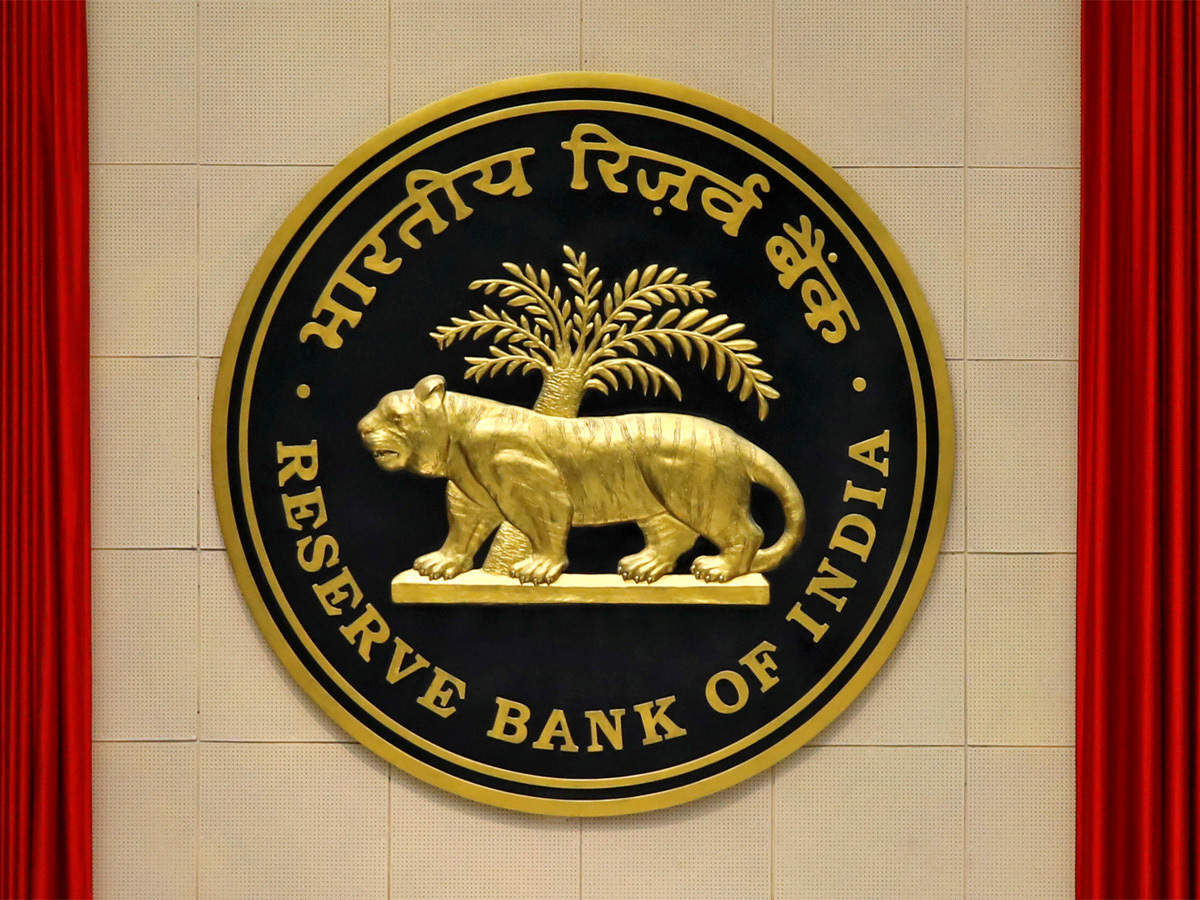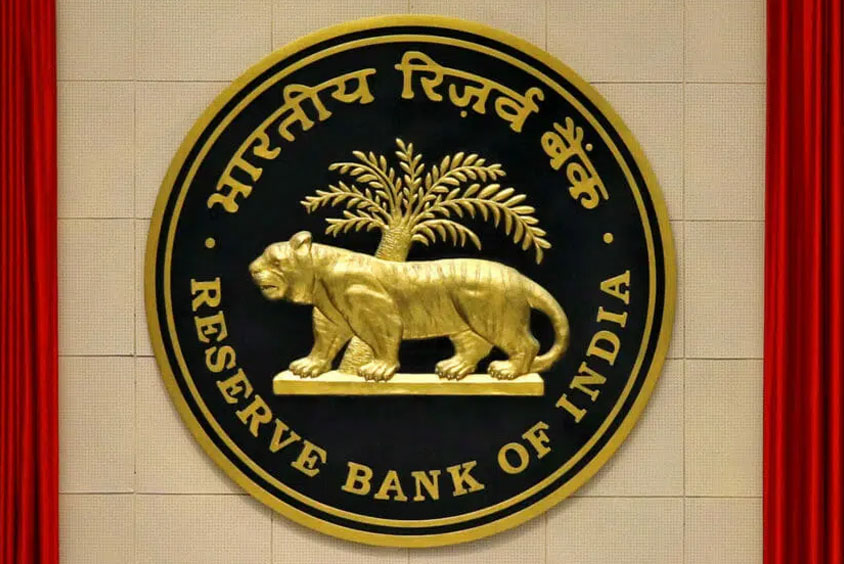Reserve Bank of India (RBI) today issued a circular restricting MasterCard from onboarding new domestic customers citing its inability to comply with the payment data storage guidelines as per the circular that the central bank had issued in April 2018. The circular, issued under the Payment and Settlement Systems (PSS) Act, 2007, mandated all the banks and Payment System Operators (PSOs) to store the payment data locally in India. All the banks and the PSOs were required to ensure compliance within 6 months; however, the deadline was extended several times due to continuous resistance by the banks and PSOs alike.

RBI’s Decision to Ban MasterCard from Onboarding New Customers
For the uninitiated, PSOs are financial services operators that process monetary transactions between two parties. Debit/Credit networks like Visa, MasterCard and American Express are some of the popular multinational PSOs operational in India. These PSOs are regulated by RBI under the PSS Act, 2007.
Earlier in April this year, RBI imposed a moratorium on American Express and Diners Club for the same reason. Visa and MasterCard had started moving the payment data of Indian users to India once the notification was issued, but only Visa has been able to fully comply with the RBI’s directive.
While RBI mentioned regulatory and supervisory access to the payment data as the need for this directive, with the electronic transactions increasing at an exponential rate with the increasing internet penetration in the country, even more so during the pandemic (digital payments saw a 23% jump in June 2020), data privacy is also becoming a critical issue of concern. Given the fact that India does not have any strict well-defined data privacy laws, it becomes even more important to ensure that the data of Indian credit/debit card users is stored safely on servers within the boundaries of India.
It is only recently that otherwise lenient RBI has taken some strict regulatory actions against the multinational card networks. One of the reasons for this change in course of action by the Reserve Bank may be the increased popularity of alternative payment systems including the NCPI powered UPI and the homegrown payment network RuPay.
It’ll be interesting to see until when will these multinational payment networks comply with the RBI guidelines as India is a growing economy and a market that these PSOs certainly won’t like to miss out on.









